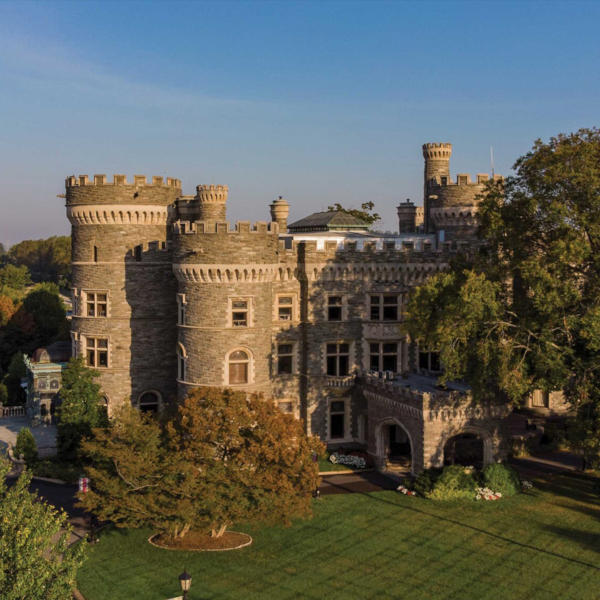
Biography
- Education
Lehigh University 1998
Ph.D., Major in Molecular BiologyWilkes University 1991
Bachelor of Science, Major in Biology
Minor in Chemistry

Lehigh University 1998
Ph.D., Major in Molecular Biology
Wilkes University 1991
Bachelor of Science, Major in Biology
Minor in Chemistry
